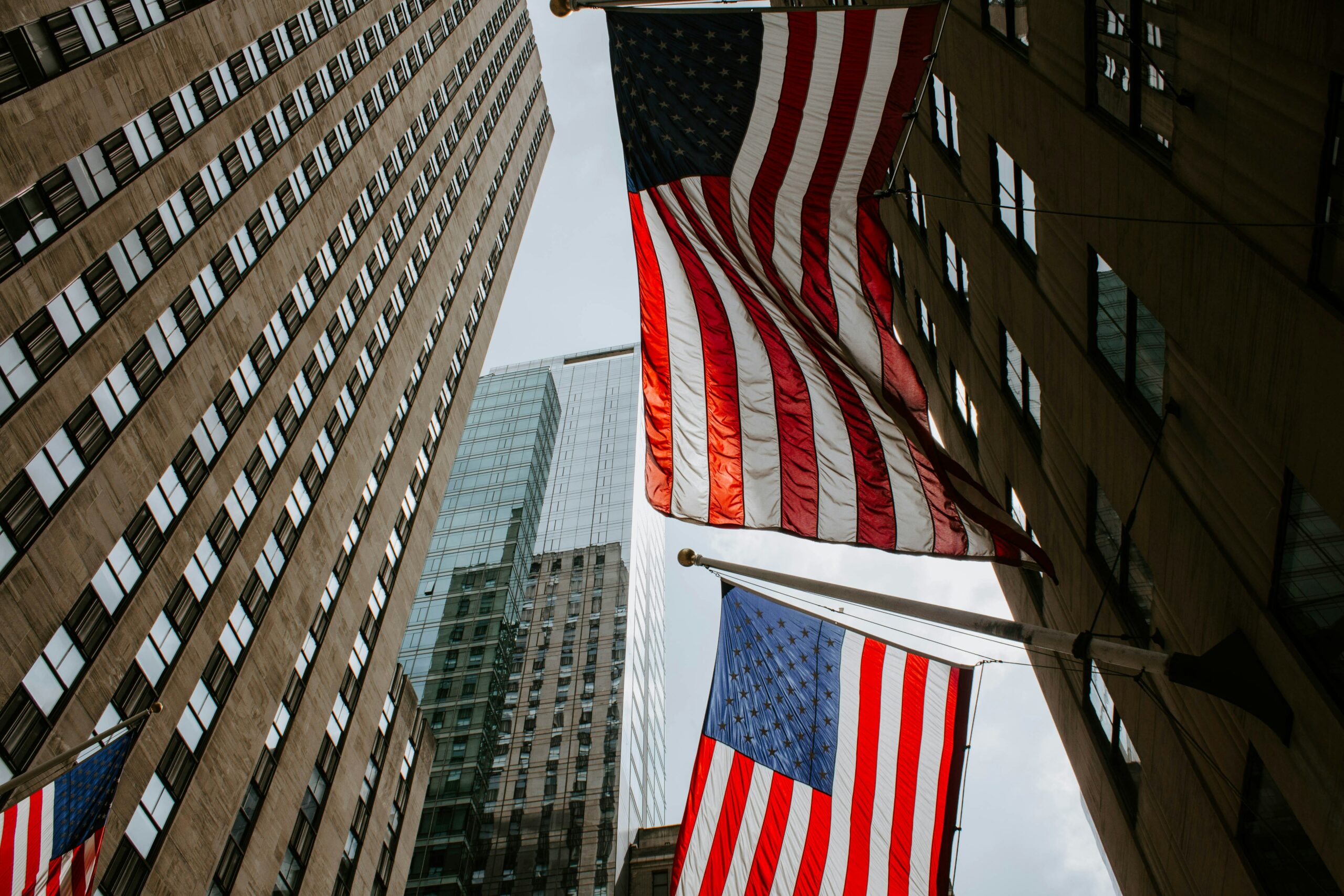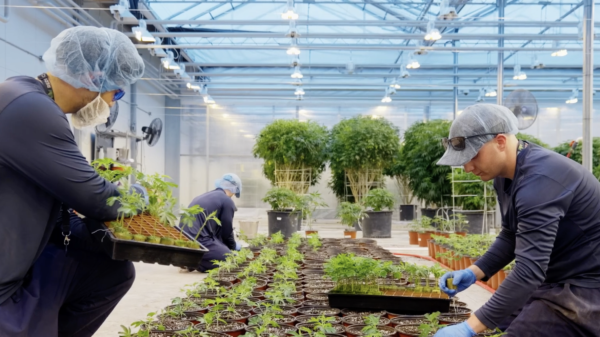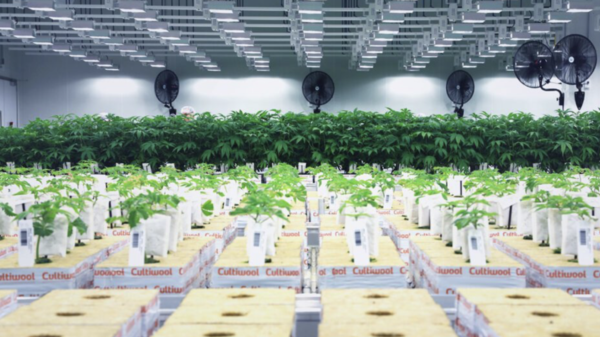Several major news outlets reported Tuesday that the United States Drug Enforcement Administration (DEA) is planning to reschedule cannabis in the immediate future.
The move, which would acknowledge the plant’s medicinal value and that it is wrongly classified in the country’s Controlled Substances Act, still needs to clear some hurdles. It will have to be reviewed by the White House Office of Management and Budget prior to a public comment period.
“Today, [Attorney General Merrick Garland] circulated a proposal to reclassify marijuana from Schedule I to Schedule III,” Xochitl Hinojosa, public affairs director at the Department of Justice, said in a statement. “Once published by the Federal Register, it will initiate a formal rulemaking process as prescribed by Congress in the Controlled Substances Act.”
The news follows the American Department of Health and Human Services recommending that cannabis be rescheduled last August. Although it will still take months before the legal change is enacted, significant progress has now been made.
Upon becoming a Schedule III substance, pot would be recognized by the federal government as being no more dangerous than Tylenol with codeine, ketamine or anti-depressants. It is currently considered by the feds to be as menacing as heroin.
Senate Majority Leader Chuck Schumer says Congress must do all it can to end the federal prohibition on cannabis and address the harms the war on drugs have done especially to people of color. pic.twitter.com/MGsjheQMq8
— The Associated Press (@AP) May 1, 2024
Read more: Frequent cannabis consumption doesn’t demotivate people, U of T finds
Read more: Japan’s cannabis industry had ‘staggering’ growth over past 4 years
Significant tax benefits for American operators
Once approved, the plant’s rescheduling would mean that businesses would be free of the Internal Revenue Code Section 280E tax. This code forbids operators from deducting cannabis-related business expenses due to its current status as a Schedule I substance.
“This change levels the playing field and eliminates crushing tax penalties that skyrocket operational expenses and drive up costs for consumers,” Bryan Barash, leader from the cannabis industry tech company Dutchie, told Business of Cannabis.
There has already been a significant increase in the trading volume of cannabis stocks.
“U.S., Canadian cannabis stocks rally after rescheduling report” and “Cannabis stocks spike after drug reclassification reports” were a couple of the headlines circulating after the news broke.
It’s not going to make recreational cannabis legal at the federal level, but it will be a significant change in the American industry.
“I can’t emphasize enough how big of news it is,” Portland’s cannabis lawyer Vince Sliwoski told the Associated Press.
“It is rare for the federal government to reverse itself on an issue where it’s had a stance for the last 100 years and arrested countless people for,” Andrew Freedman, Executive Director of the Coalition for Cannabis Policy, Education and Regulation, told CNN in an interview.
Cannabis has gained mainstream acceptance among many U.S. citizens. A recent poll from the Pew Research Center found that 88 per cent felt medical or adult use pot should be legal throughout the country.
rowan@mugglehead.com













